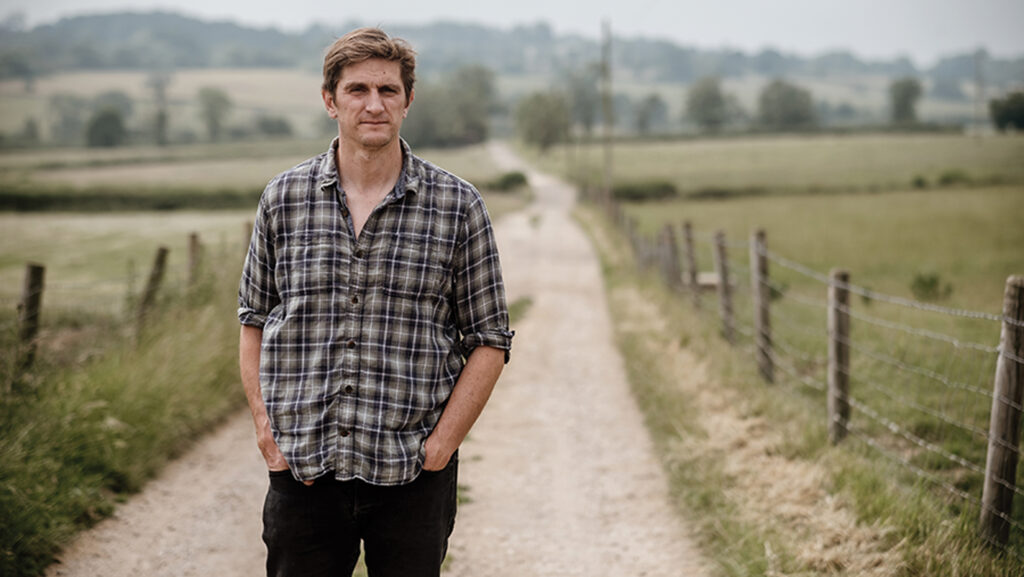Transition farmer achieves closed sheep flock goal
 James MacCartney © MAG/Colin Miller
James MacCartney © MAG/Colin Miller Achieving his goal of running a closed sheep flock to improve ewe health has been a slower process than James MacCartney anticipated, involving three years of breeding replacements and screening for disease.
That patience has paid off, as the flock is now self-replacing with 800 ewes lambing this spring.
See more: How to manage business change for agricultural transition
Transition goals
- Reducing disease in sheep
- Being better than Net Zero
- Establishing herbal leys
James decided to make changes to his sheep enterprise after maedi visna (MV) was picked up during routine blood testing.
Farm facts: Flitteriss Park Farm, Braunston, Rutland
- 800-ewe closed flock
- Annual rainfall: 720mm
- Soil type: Heavy clay
“We’d had a lower-than-normal scanning percentage and initially went down the minerals and trace elements route,” he explains.
“It was two years down the line before we tested and that’s when we knew we had a problem.”
Until that point his policy was to buy in replacements, but what he was also importing onto the farm was MV.
A hundred ewes were culled after that initial test, followed by an annual programme of testing and culling.
“Testing for MV is quite expensive. It costs around £5 a head and we test everything so that’s £4,000,” says James.
But his aim is to have an MV-accredited flock and once he has achieved that, only a small percentage will need to be screened.
Discovering MV in the flock focused his mind on the disease risks associated with buying in sheep, so he started breeding his own replacements.
“Until we got to a position where our numbers were sufficient, we had to keep buying in but only from MV-accredited flocks. We have now reached a point where we are self-replacing,” he says.
Establishing herbal leys is another of his Transition goals and his planned progress on this is impressive.
In 2021 he planted 2.8ha with diverse seed mixes and is scaling that up to 81ha over the next three years.
“Any reseeding we now do is always into herbal leys,” James explains.
“We have very heavy clay soils that hold onto moisture. We can’t do anything to change our land but we can tailor the seed mixes to ones that work for us.”
Receiving Sustainable Farming Incentive (SFI) payments for growing herbal leys provides financial encouragement to experiment, he adds.
“Countryside Stewardship is quite prescriptive but the SFI has given us more freedom to get on with it.”
